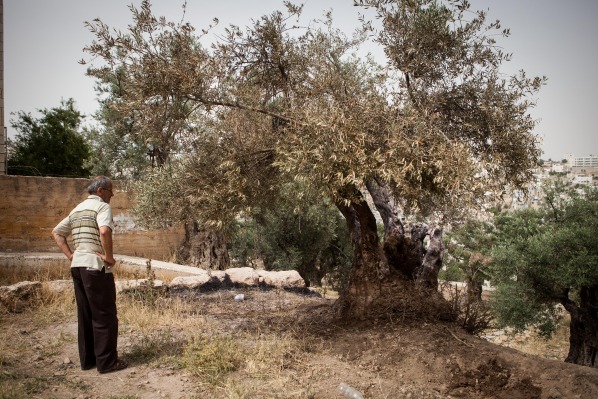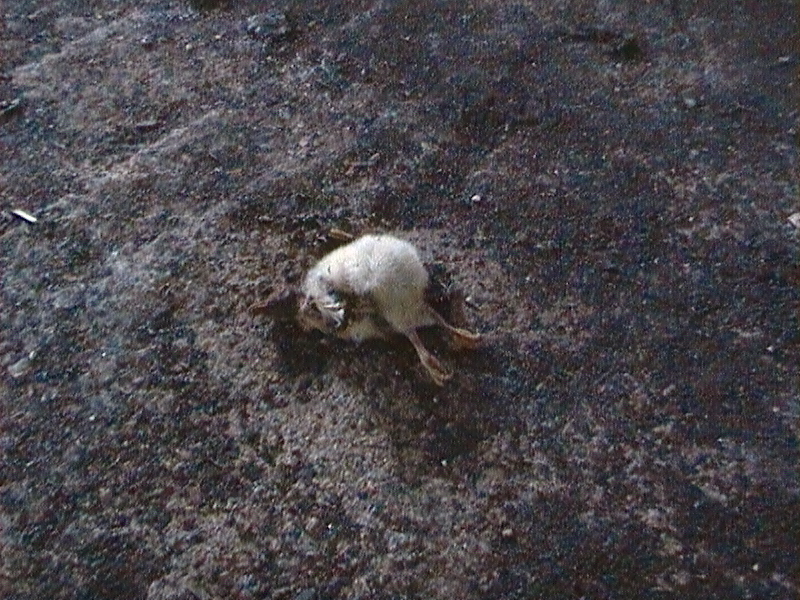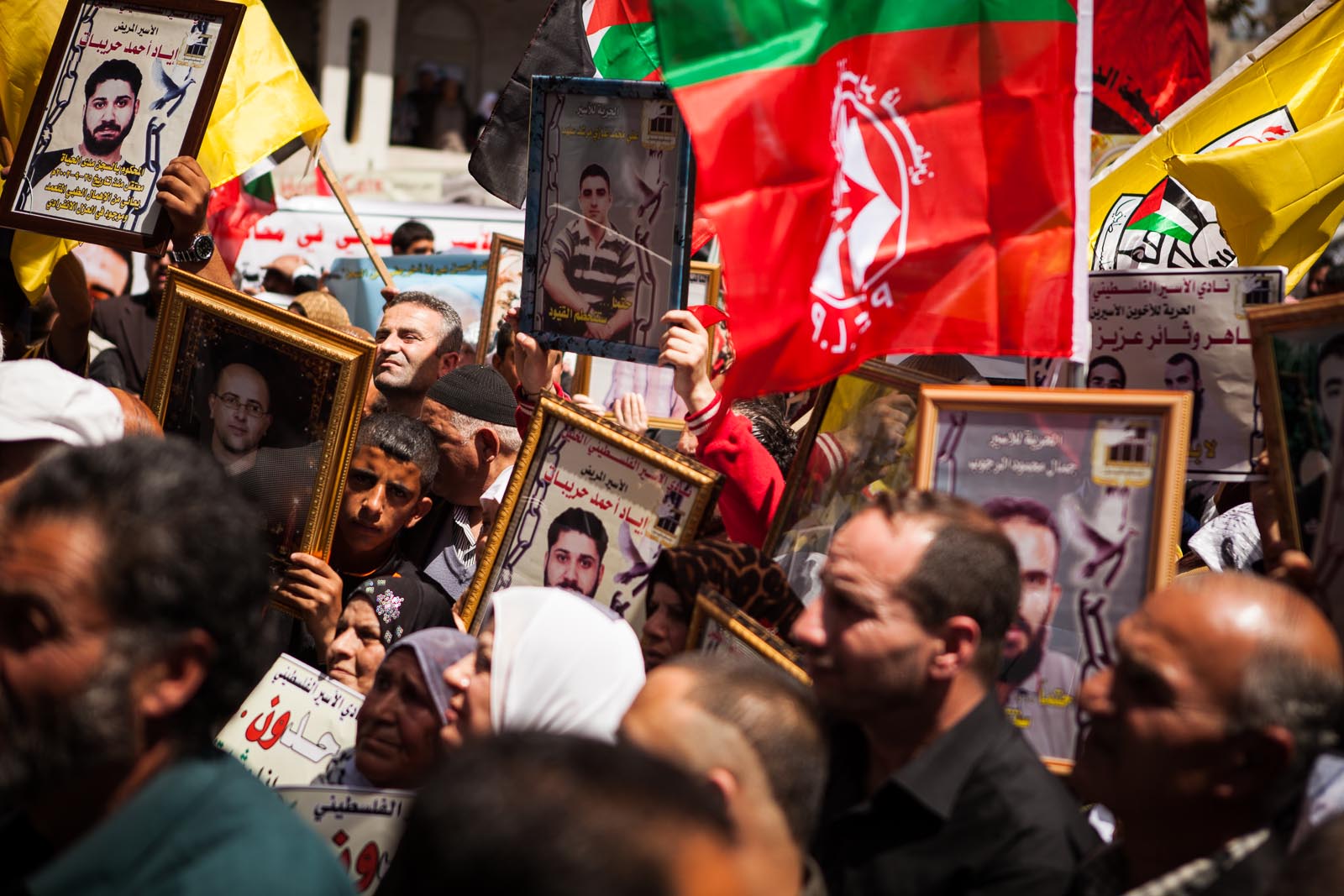Tag: Settlers
-
The Roman tree
7th June 2014 | International Solidarity Movement, Khalil team | Hebron, Occupied Palestine At approximately 1:00 pm on June 4th, a burning olive tree was located in the vicinity of Tel Rumeida, al-Khalil (Hebron). The Palestinian firefighters extinguished the fire with no assistance from the occupying Israeli military. As an occupying state, Israel is legally responsible for…
-
Settlers set fire to Palestinian chicken farm
20th April 2014 | International Solidarity Movement, Nablus Team| Madama, Occupied Palestine On Friday 18th April, during the night in the village of Madama, settlers from a nearby illegal settlement entered a Palestinian farm and sat fire to a newly built chicken house. The damage totaled $12,500 for the 3,500 chickens and their food, as…
-
Jewish holiday increases violence in Hebron
17th April 2013 | International Solidarity Movement, Khalil Team | Hebron, Occupied Palestine Pesach, or Passover, started Monday 14th April and is a seven day long holiday where many zionist tourists and settlers from illegal settlements travel to al-Khalil (Hebron). Increased violence and attacks towards Palestinians occurs during many Jewish holidays. During the holiday, entry into historic Palestine…



